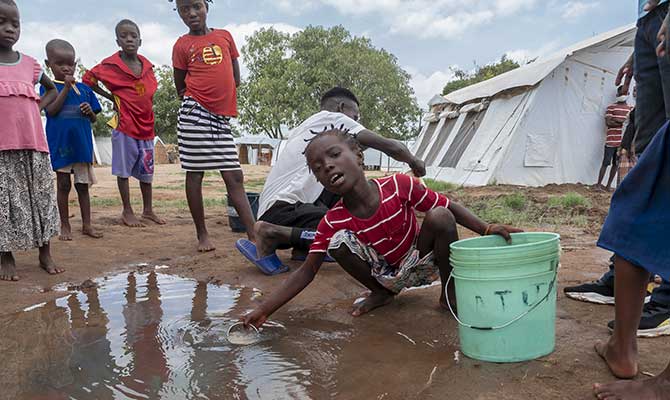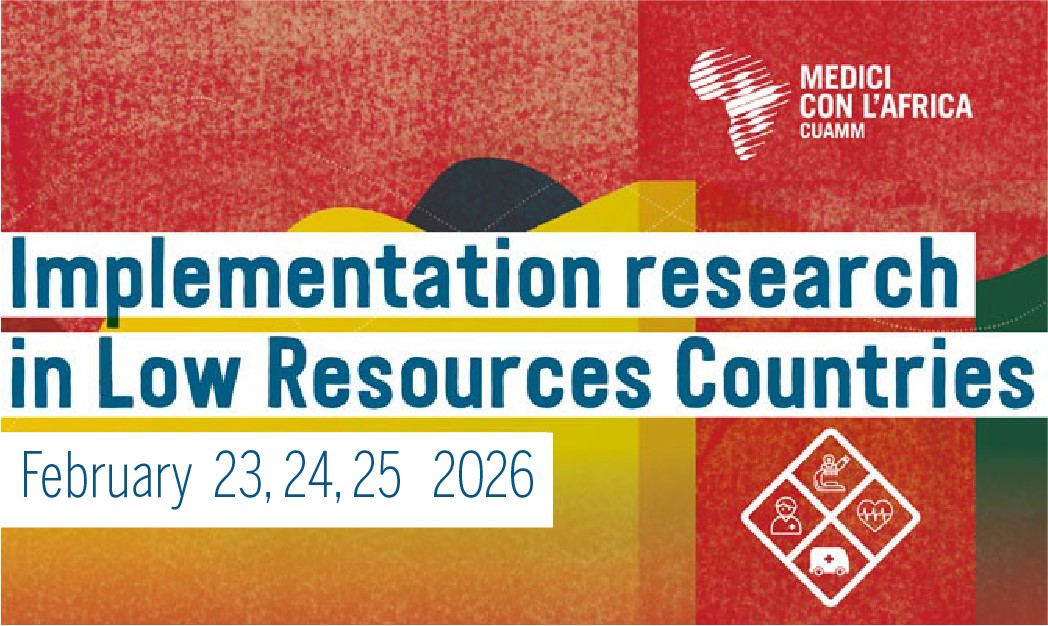Promoting the health of refugees and migrants is the latest report published by the World Health Organization (WHO) featuring the impressive commitments and advancements that have occurred at country and local levels on work to improve refugee and migrant health. The compendium collects 49 country examples from around the world among which two CUAMM interventions are listed: one in Mozambique, Africa and in Apulia, Italy.
«Our aim is to voice the positive experiences by showcasing integrated and innovative examples from a range of countries in promoting the health of refugees and migrants in the lead up to the SDGs 2030, the Global Compact for safe, orderly and regular migration and the Global Compact for refugees» stated Dr. Santino Severoni, Director Health and Migration Programme, WHO.
The analysis was carried out to voice the positive experiences by showcasing integrated and innovative examples from a range of countries, both in low and in middle-high income countries, in promoting the health of refugees and migrants.
«We are proud of being featured by WHO among 49 best practices in the promotion of health for refugees and migrants identified worldwide. We are aware of the needs yet to meet, nevertheless, this recognition reminds us of the positive impact that our work has on the life of millions of vulnerable people. For this reason, we are encouraged to not give up and to keep working to ensure the most vulnerable a safe and easy acces to healthcare, both in Africa where we have been working for over 70 years, and in Italy where the needs are urgent as in Apulia» claims Don Dante Carraro, Director of Doctors with Africa CUAMM.
IN APULIA
Doctors with Africa Cuamm launched its intervention in Apulia in 2015 with the aim to meet the health needs of refugees and migrants living in the two provinces of Bari and Foggia, the intervention was designed and carried out in collaboration with regional authorities and Aldo Moro University of Bari. The area is highly populated by undocumented migrants living in informal villages known as ghettos, characterized by a lack of adequate basic services including accommodation and housing, sanitary facilities, running water, electricity, heating and access to safe food. It is in this context, Doctors with Africa CUAMM is operating a multidisciplinary clinical campervan service that deliver basic and specialized sanitary assistance, mental health support, HIV and HCV test but also training activities and cultural mediation services. By addressing social and health needs, Doctors with Africa CUAMM aims to foster and accelerate the inclusion of the marginalized minorities into the regional health system.
«The report published by WHO is a satisfaction for any actor involved in the programme because this was and still is a team effort. Over almost ten years, we have patiently developed a high quality service for migrants and refugees living in marginalized conditions. We have been working accurately on data, analysing the unnoticed needs of those people. We are glad to being listed by WHO in this compendium which prove that we are doing things right, albeit much more needs to be done» these are the words pronounced by Francesco di Gennaro, infectious disease specialista t Aldo Moro University and CUAMM’s doctor involved in the activities in Apulia.
IN MOZAMBIQUE
In the northern province of Cabo Delgado, Doctors with Africa CUAMM works across the southern districts where over 1 million of refugees have been housed since the breakdown of the conflict in 2017. Thanks to the support of international partners and local authorities, CUAMM commit to offering health care services both within IDPs camps and among hosting communities.
«What is most important is to promote integrated interventions which means responding to emergencies and ongoing humanitarian crisis while strenghtening communities and investing in health promotion and disease prevention which are key in the reduction of risk factors» said Edoardo Occa, Head of Community Helath Programs at CUAMM.
Today, almost 13% of the people worldwide are either refugees or migrants. Many are on the move, driven by conflict, climate change, drought, famine, poverty and other global health emergencies – and the hope of a better life for themselves and their families. Refugees and migrants often suffer from poor health and have challenges accessing services due to discrimination; poor living conditions; and financial, linguistic and cultural barriers. In this context, the report published by WHO is meant to provide technical assistance in addressing the root causes of disease; creating the conditions for good health and well-being for all; reorienting health systems to include integrated and inclusive health services and programmes for refugees and migrants; promoting high-quality research and information; and building capacity to support evidence-informed policies and actions in refugee and migrant health.





